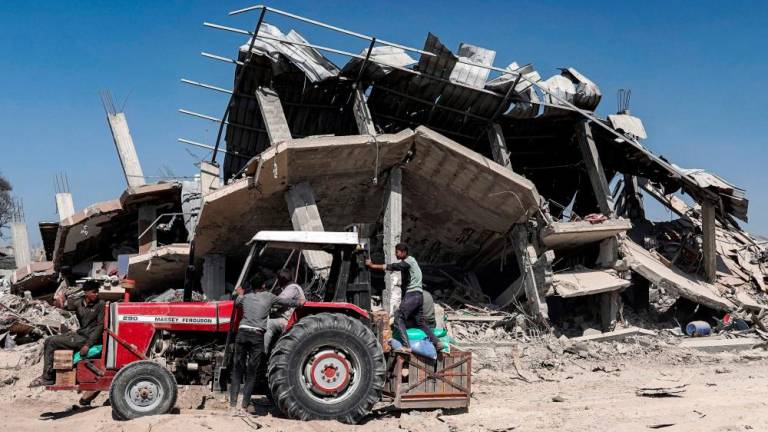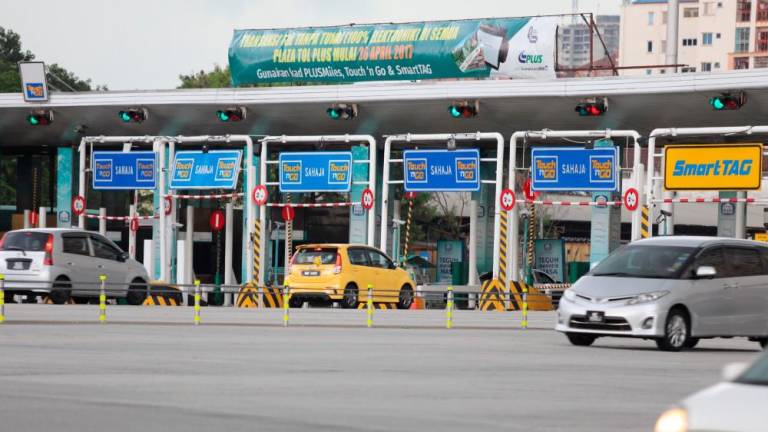KUALA LUMPUR: The education sector will continue to receive a large allocation in the budget, including in the recently announced 2021 Budget, with an allocation of RM50.4 billion or 15.6 per cent of the government’s overall expenditure.
Out of the total, RM725 million is allocated for upgrading of buildings and infrastructure of 50 poor schools nationwide.
National Union of the Teaching Profession (NUTP) president, Aminuddin Awang said although the amount was less than in the 2020 Budget, which was RM783 million, the allocation could help the Ministry of Education (MOE) solve the issue of poor schools in three years.
“There are over 10,000 schools under the MOE and most of them are old schools that were built 50 or 60 years ago. In fact, there are still schools which are made of wood, especially those in remote areas.
“Obviously, the old school buildings have various structural problems including leaking roofs, old wiring, and dilapidated classrooms, thus affecting the learning and teaching process,” he told Bernama.
As such, Aminuddin hoped the allocation could be distributed fast for repairing or rebuilding of old schools, thus ensuring that the schools’ structure would not be hazardous to students and teachers.
A total of 534 schools nationwide were involved in the Rebuilding and Upgrading of Poor Schools Project from 2016 to 2018 with an allocation of RM1.8 billion.
Out of the total, 452 schools had been upgraded and in use since 2016, with the rest still under construction.
Aminuddin also hoped that RM800 million for maintenance and upgrading of government and government-aided schools, could also be used to improve the facilities for special need students such as toilets and walkways for the disabled.
Meanwhile, Universiti Putra Malaysia (UPM) Education Faculty senior lecturer, Dr Mohd Mursyid Arshad said the RM150 million allocation for the KPT-PACE programme, in which a new graduate is offered a voucher worth RM3,000 to undergo professional skill courses, could help in their employability during this difficult pandemic time.
He said with the professional certificates, graduates would be equipped with new skills to enable them to create their own jobs and earn better income.
Mohd Mursyid also believed that the allocation of RM29 million to implement the Technical and Vocational Education and Training (TVET) programme under the Higher Education Ministry, which also comprised Islamic education and lifelong learning, could provide a brighter future for 15,000 students from the tahfiz institutions and pondok schools.
He said the effort would increase youth’s capabilities and competitiveness, thus reducing the country’s dependency on foreign labour.
The effort, he said, also supported the government’s efforts to produce highly-skilled workers in the construction sector, by adopting the latest technologies in line with the country’s development needs.
“However, the government must rebrand the 3D (dirty, difficult and dangerous) sector for it to be seen as significant and well accepted by society, by offering reasonable wages to attract the youth,” he added. -Bernama













